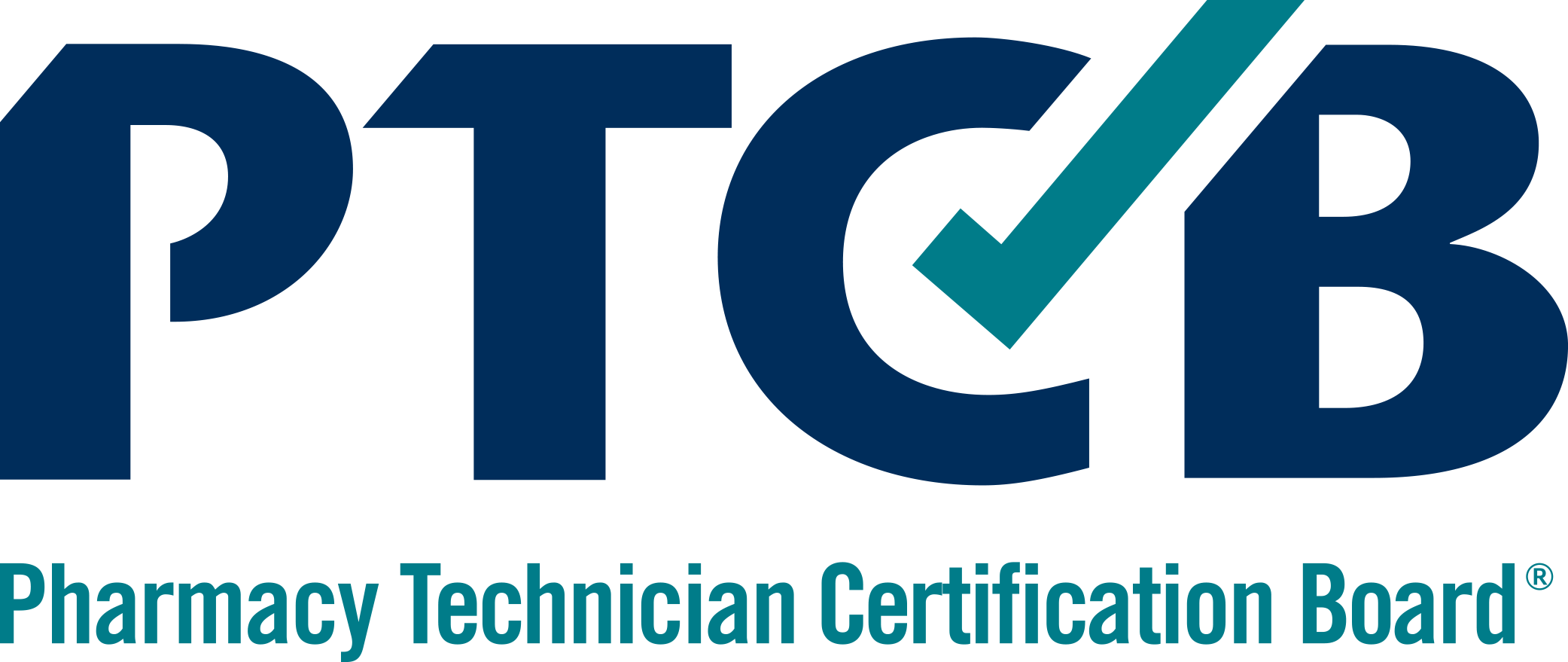
Expert Discusses Findings of PTCB 2022 Workforce Survey

Bill Schimmel, CEO and executive director of the Pharmacy Technician Certification Board (PTCB), discusses why pharmacy technicians are leaving the profession and why they are staying.
Ashley Gallagher: Why are pharmacy technicians beginning to leave the profession?
Bill Schimmel: I'll put some good news on here. In the data that we have, not as many technicians were leaving as we originally thought were going to be. The caveat there, as of the folks that had left the profession, at least a quarter of them said that it was because of increased stress and burnout from COVID directly, and that's too much. That's too high of a number, especially in an employment market, like we have right now, where there's no place in the United States where they'll tell you they have enough technicians.
I realized that cuts across health care, and perhaps the whole job market, but we're talking about technicians here. I think COVID was big, just the lack of the team members. If you are in a short-staffed pharmacy, it's going to increase your own stress and burnout, and so that can be a vicious cycle.
Then if you look at the wages for technicians, it’s kind of a range from about $17.50 an hour to a little bit over $23. It's pretty compressed. I can definitely tell you that certified technicians make more than non-certified technicians. A CPhT Advanced through PTCB makes more than a than a another CPhT, but if you're looking out at a career path, and you see where the ceiling is, and if it's $23, $25 an hour, maybe you look elsewhere, and so I think that's a big factor.
This is hard, I recognize this as hard. I think it's important for technicians to advocate for themselves in some of those ways we talked about earlier. It's even more important for everybody else. If you think of where you have power and influence, right? In an organization like PTCB, a place like APhA or ASHP. And then the employers that are out there, they have a lot more power and influence on this process. A lot of them are doing the right things, and it takes time. If you're not, you're just leaving way, way, way too much potential on the table.
There are technicians who are going to go get it themselves, they're going to advocate for themselves, they're going to carve out a new role in their pharmacy by talking to their pharmacist, but you're going to get even more of those if you put it in place ahead of time.
Ashley Gallagher: What is the impact of COVID-19 stressors having on pharmacy technicians, and can you talk a little bit about what the stressors are?
Bill Schimmel: At the risk of repeating myself a little bit. The only good news was that, as we looked at our survey data, everybody was acknowledging there was a lot more stress. 83% of the respondents COVID brought more stress, but that same number 83% said that they also felt more meaning in their job. They felt more like professionals because they were able to do more and have an impact on probably the most stressful thing that's happened in the last 20 years in this country. That’s really, really good.
But then you also have that one quarter that left the profession, and the stressors are, as we had talked about before, it is crowded pharmacies, pharmacies are doing more there. They were immunizing before, but you obviously had a good portion of the country coming in for a new immunization, all the testing, and then staffing. The staffing wasn't there and still isn't in a lot of cases. It's more hours for everybody and more stress, and you have crowded pharmacies can do that.
Ashley Gallagher: Lastly, what would make pharmacy technician stay in the field?
Bill Schimmel: one thing that I learned when we first did this survey in 2019, and then repeated it, is that more than half of technicians came to the position because they wanted to work in health care. They wanted they have a desire to help patients, and that was a happy surprise to me. It wasn't like they were just out there looking for any job. They wanted to work in health care, and they’ve shown they're good at it. They've landed in the place where they want to be. Again, 59% say that this is their long-term career.
I'll go back to look at the compensation and a career path, and I say career path specifically, not career ladder, because the ladder implies going up, but not every technician has to go up. There might be a different role in the pharmacy that is lateral. That puts them in a place that matches their skills, and it's also good for the employer. Those 2 things are the most important. Then, of course, I would say earning advanced credentials from a place like PTCB, it can never hurt.
Newsletter
Stay informed on drug updates, treatment guidelines, and pharmacy practice trends—subscribe to Pharmacy Times for weekly clinical insights.


























